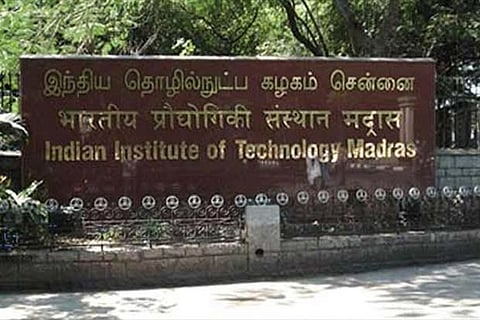

Chennai
Sources from IIT-M told DT Next that once the proposal for the second campus fructifies, a new master plan exercise would be necessary for both the present campus and the new one.
This would also enable the Institute to grow to 12,000 students and 1,200 faculties, as envisaged in the recommendations of the Kakodkar Committee.
The development of a satellite campus opens up various possibilities for the institute, which is creaking under space crunch at its campus in Chennai. The new campus would provide space for creating large inter-disciplinary centres as physically and architecturally distinct units, creating the ambience of a discovery park.
Additional accommodation for scholars, faculty and staff members could also be created there. The second campus could accommodate facilities such as a convention centre as well. It may be possible to create an extension of the IIT-M Research Park, too, at the new campus. Funds could be raised from donors to create world-class infrastructure.
The expansion plans are not limited to infrastructure alone; IIT-M is also planning to recruit around 30 top-class faculty members each year. The institute has decided to provide a five-step path for promotion and reward to the faculty once every 5 years.
In addition to these, steps being taken include energy and water conservation measures, and safe disposal of waste among others. These include increasing the efficiency of appliances (such as minimising energy consumption for air-conditioning) and the use of renewable energy sources.
There is also a plan to augment the waste water treatment towards zero discharge in the present campus, and systems are being strengthened to improve waste disposal and handling processes and to ensure recycling of all materials. Steps are being taken to dispose of hazardous waste in a safe manner. Also, land use is being optimised through full lifecycle planning of built infrastructure.
Visit news.dtnext.in to explore our interactive epaper!
Download the DT Next app for more exciting features!
Click here for iOS
Click here for Android